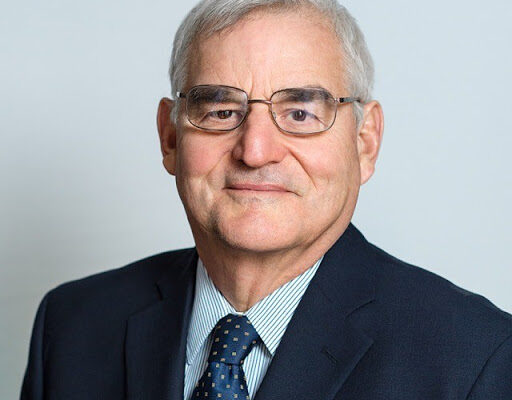Evolution of Kosovo’s Investment Arbitration Law: Defining the Foreign Investor and the State’s Role in Arbitration
Kosovo Law No. 04/L-220 on Foreign Investment (hereinafter, the “2014 Law on Foreign Investment”), which safeguarded foreign investors as a key element in promoting international economic cooperation and attracting foreign capital, has now been replaced by Law No. 08/L-209 on Sustainable Investments (hereinafter, the “2024 Law on Sustainable Investments”). The purpose of the 2014 Law…

